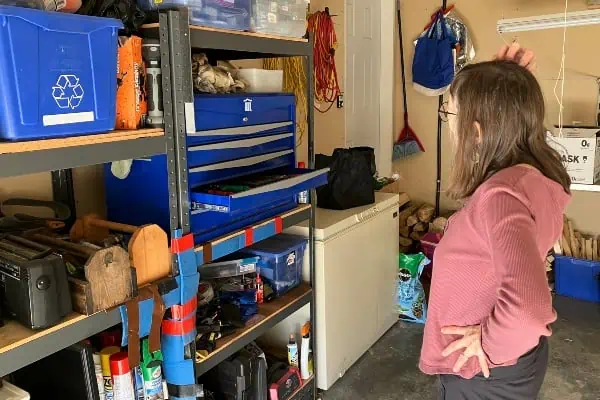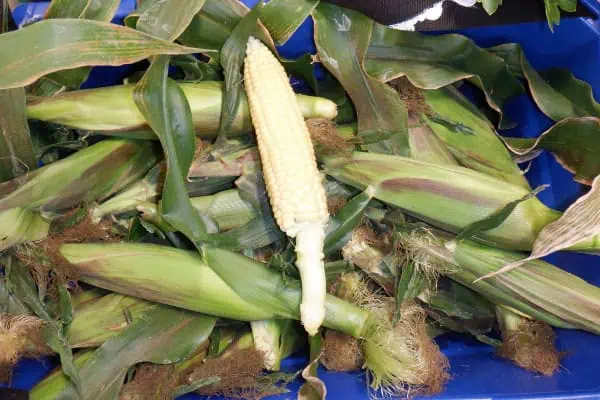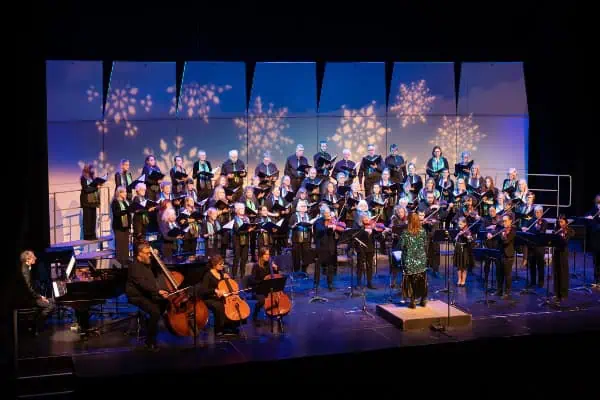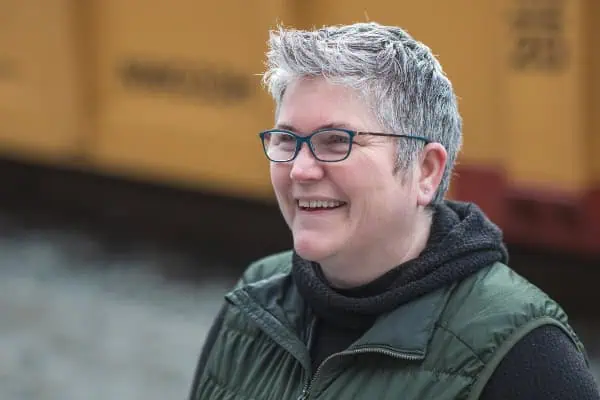Pat LePoidevin’s new album Highway Houses embraces the extremes of Northern seasons – the heat, the cold and the mysterious, romantic moments in between.
LePoidevin grew up in Princeton, BC, a small town surrounded by forest. He now tunes his ukelele in Sackville, NB, but spent last summer in Dawson City. A life so far lived in small towns near nature.
The folk-and-indie rock singer’s familiarity with forest and animal life runs strongly through his second album, Moon Wolves.
Highway Houses continues, picturing tinder dry summers (forest and hearth flames in “Fire!”), or the deep cold of dead winter (an owl in “The Constant” guards the frozen scene while foxes shiver).
LePoidevin’s voice is rich and haunting, flexible enough to melt or snap as needed.
The indie-folk tunes on his third album are a catchy blend of plucked ukelele with vocal or instrumental looping – sampling one chord or sung phrase and harmonizing on top of it.
He started his cross-Canada tour in Dawson City last week, a first stop made necessary because his drummer, Matt Sarty, stayed north for the winter and LePoidevin came to get him.
The tour’s second stop is in Whitehorse this Friday at the Old Fire Hall.
On the road about 200 kilometres east of Edmonton, LePoidevin pulled over for a phone interview about animals, ukeleles and bagpipes.
MW: What’s playing on your deck as you drive north?
PLP: Nowadays I really like the Hold Steady, The National, the Bon Iver. Baritone ukelele is what I play now, it’s a big ukelele with a warm, deep sound, so I’m listening to as much ukelele as I can find.
MW: Would you say these are musical influences?
PLP: I primarily used to be a Highland bagpipe player, starting at age nine, that’s how I learned music. I was influenced by a very contemporary bagpipe player who was all about breaking boundaries, a guy called Gordan Duncan, from Scotland.
MW: What does that mean, contemporary bagpipe style?
PLP: Traditional bagpiping is very structured. What Duncan did was he started slurring notes, and putting false notes into the music. And there are a lot of new tunes now, faster tunes. He really brought bagpipes into the 21st century.
MW: Is that part of what drew you to making loops in your music – the sustained tones of the bagpipe drone? I swear I can imagine that in “Mary.”
PLP: [laughs] I’m not sure! It’s true that a lot of Celtic music has a repetitive structure. I usually call myself a looped folk musician, or I like to say it’s like a looped orchestra of folk.
MW: Listening to the songs without looking at the titles, I thought “The Ghost of Carbisdale Castle” might be about Dawson because there are so many ghost stories here. This is another connection to Scotland?
PLP: Carbisdale Castle is a castle in Scotland that’s also a youth hostel. My family lived in Scotland for a year when I was nine, and my dad and brother and I went to this hostel for fun for a night or two. As kids we really loved the ghosts and the stories.
That’s also one of the tracks where you can hear this old air organ I got about a year ago, at some secondhand place in Ontario when I was on tour. It adds this warm background to a lot of songs.
MW: How did your Dawson summer shape the album?
PLP: As you would know, in Dawson it’s very hard to find living places. We lived at the golf course for awhile because I worked there, and then at the Bunkhouse and the campground.
And then we had really good luck; we ended up living with John Gould, who was born in Dawson in 1919. So that all came together – he’s the old man in the song “Fire!” – the old man in the kitchen.
“Mountain Man” is also very Dawson-based, it’s a fiction loosely about the golf course.
MW: Are you touring with a band, or just your drummer?
PLP: Just the two of us. I feel really comfortable playing with Matt – he’s a fabulous drummer, his drumming is very syncopated and interesting.
MW: What stands out musically from playing at the Dawson City Music Festival last year?
PLP: The highlight would be I played in this amazing ukelele workshop setting with [the band] Elliott Brood, with tUnE-yArDs and Mathias [Kom] from the Burning Hell.
It was just a wonderful group of people… one of my favourite ukelele players still now is Merrell Garbus, from tUnE-yArDs. Her playing is just wonderful.
MW: Watching you play last summer I enjoyed how a song would loop from a single-line melody into layers of lush sound. It felt like watching a drawing appear line by line on a piece of paper.
Now, hearing these new songs recorded in the century-old church in Parkindale [New Brunswick], the harmonies appear more immediately. Do you draw it out longer for live audiences?
PLP: The album is pretty much all looping, and it’s similar to how it would be live but yes, the super-slow experience of buildup isn’t there. I want people to go home with something different than what they saw.
But overall, the songs come because I have these cartoon-like images in my head and I paint a picture around it, all this wildlife and all the homes we saw along the road when we drove north last summer.
Meg Walker is a writer and visual artist living in Dawson City.




